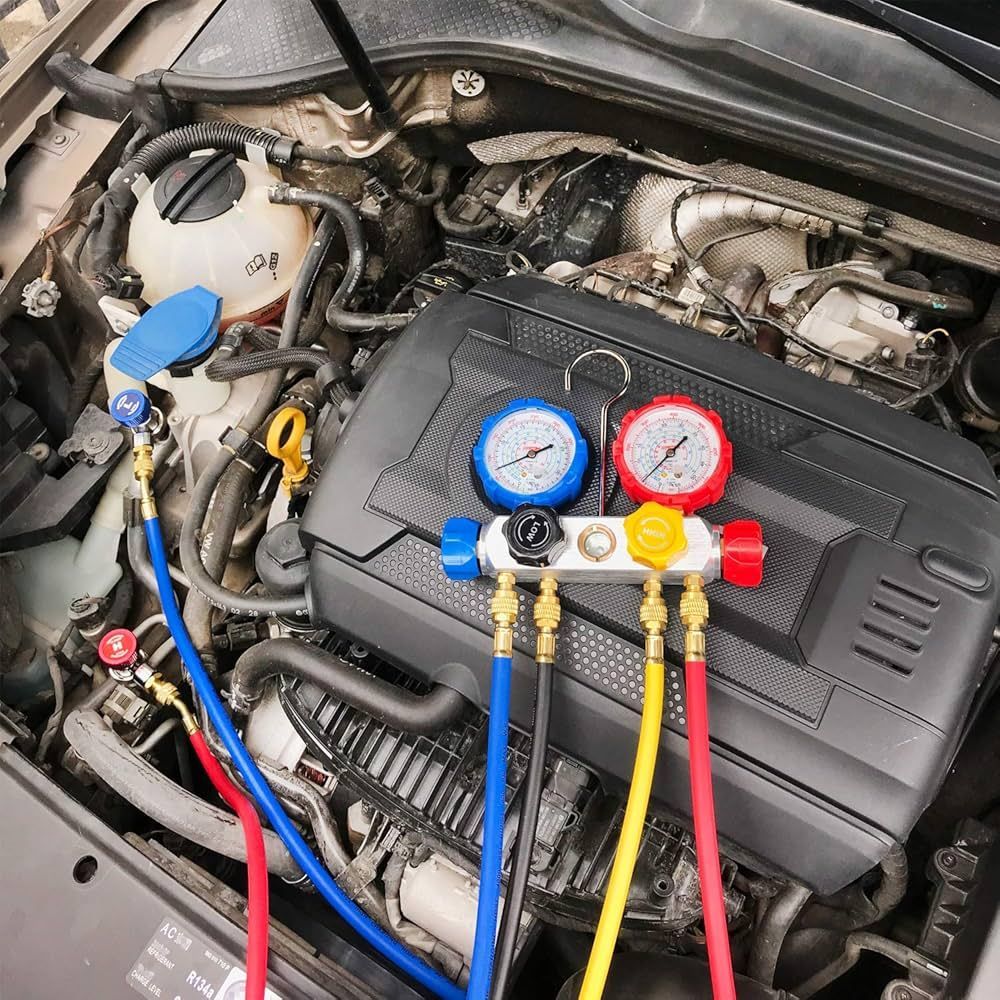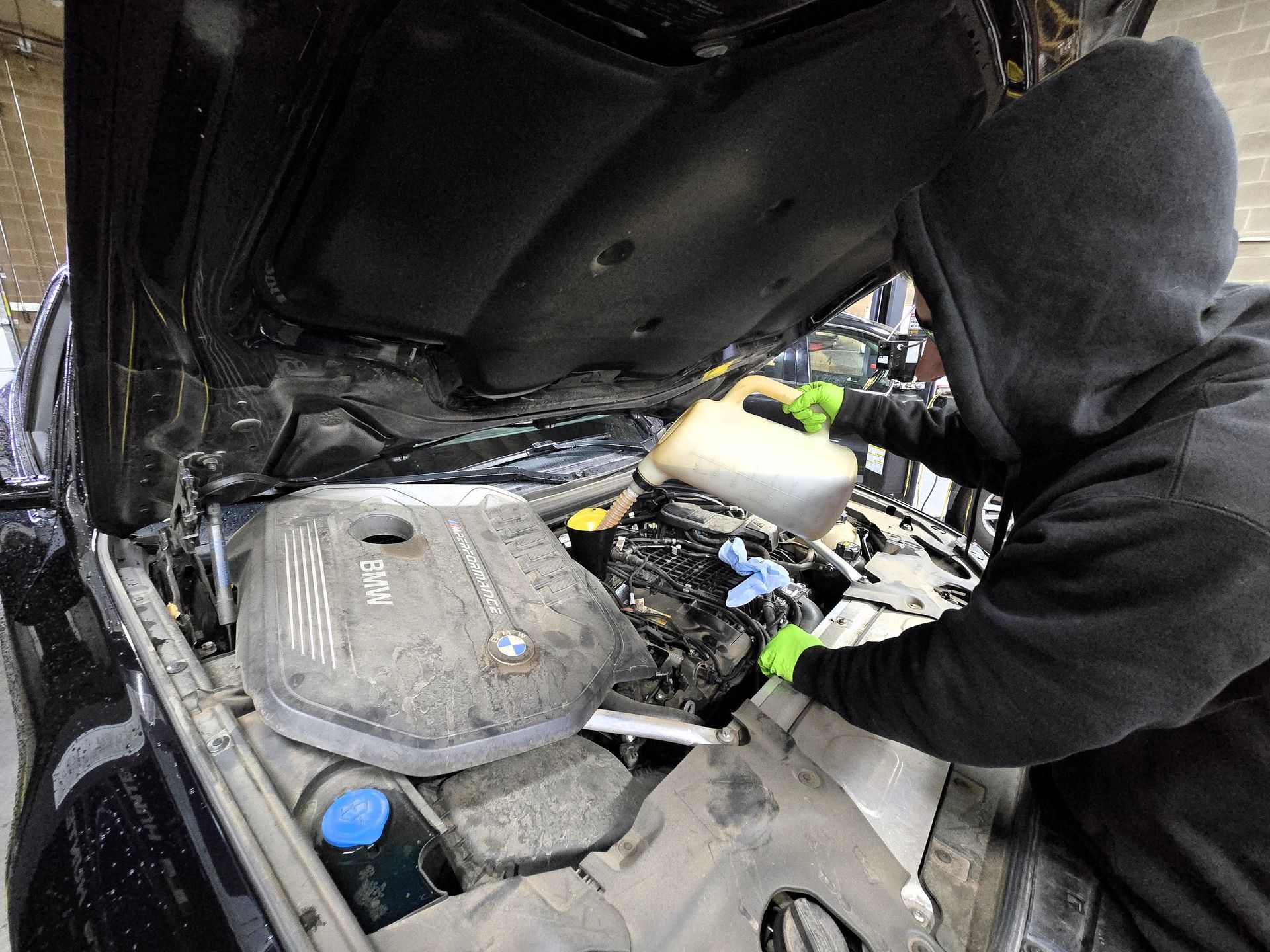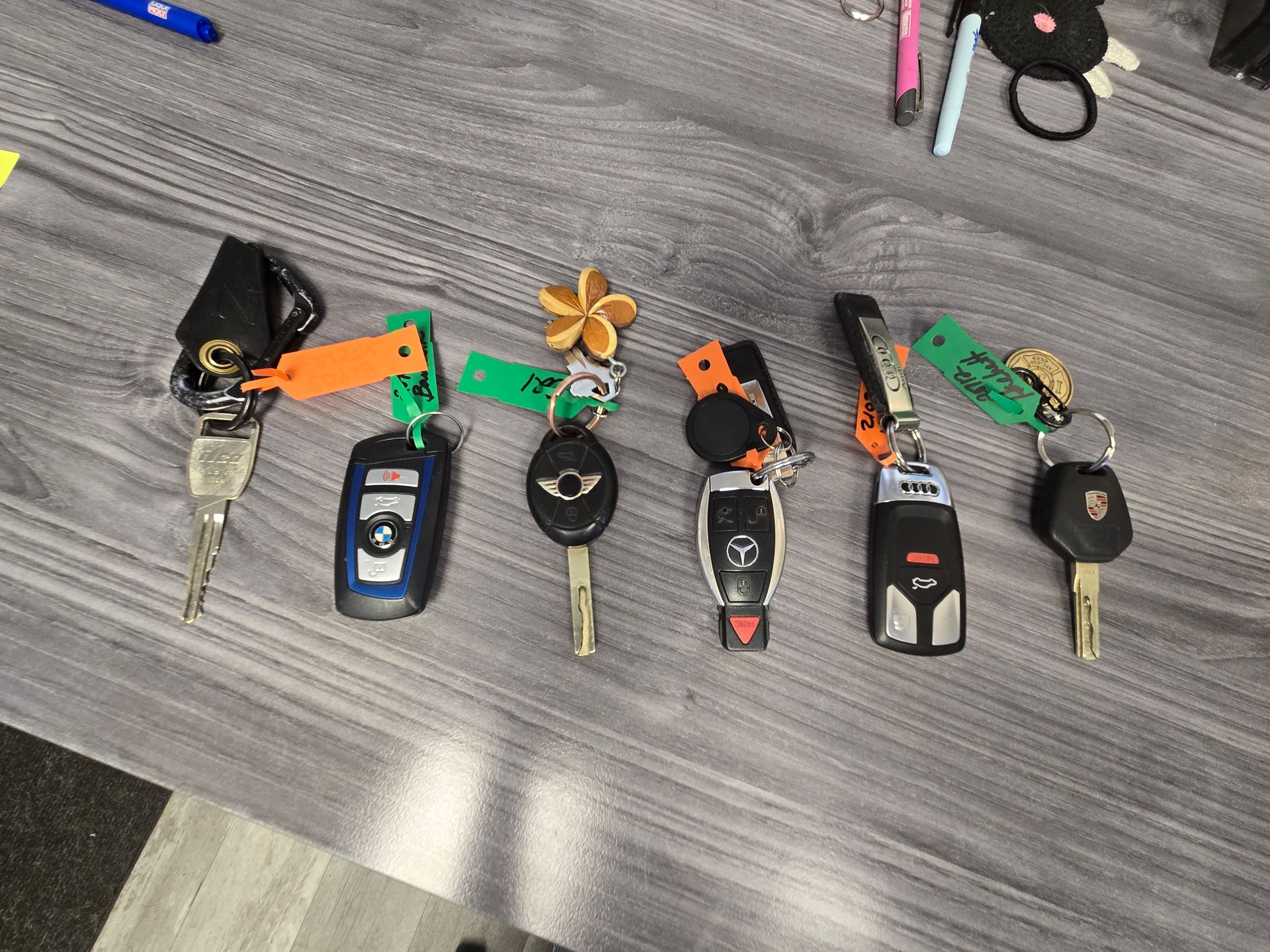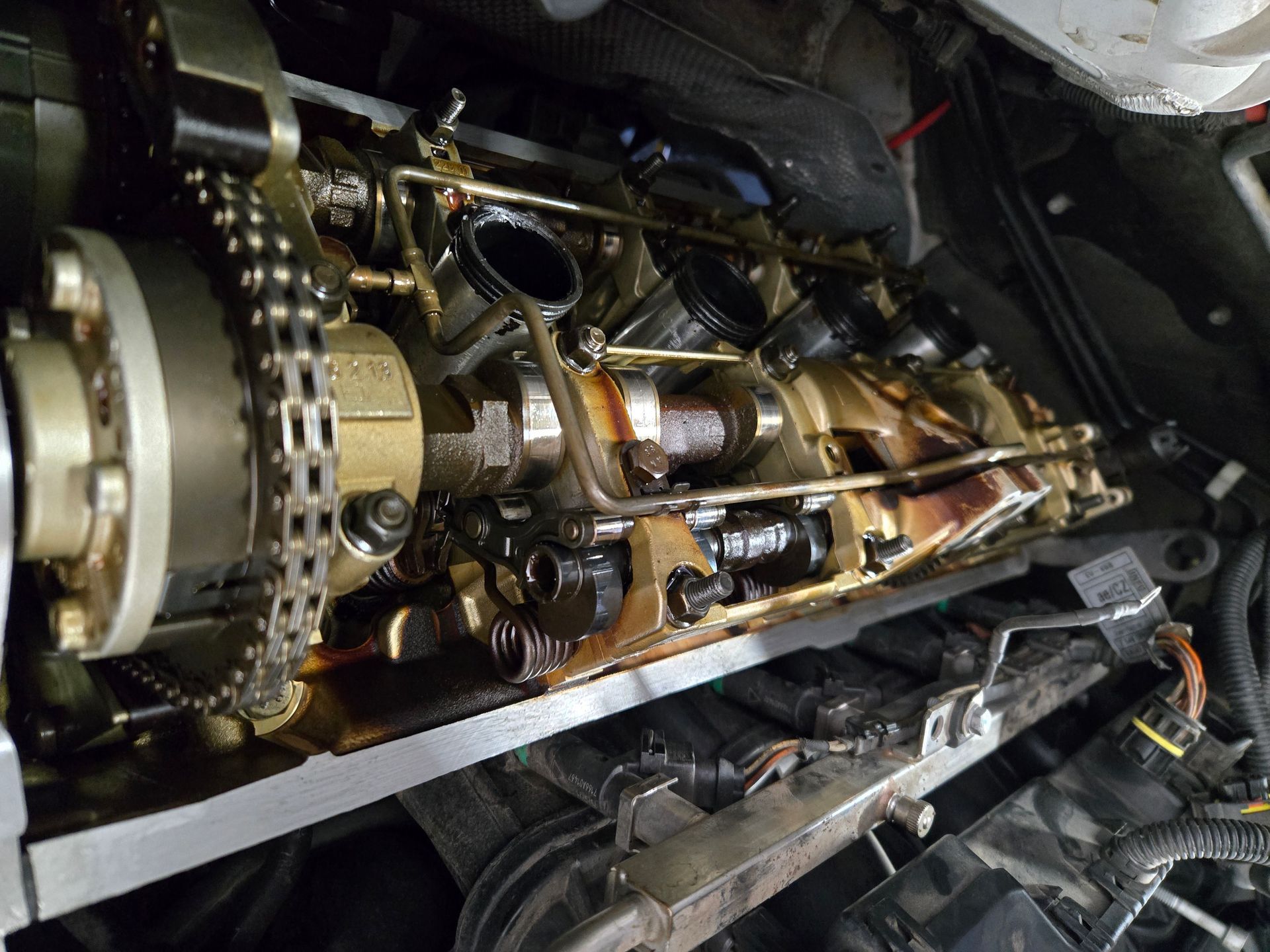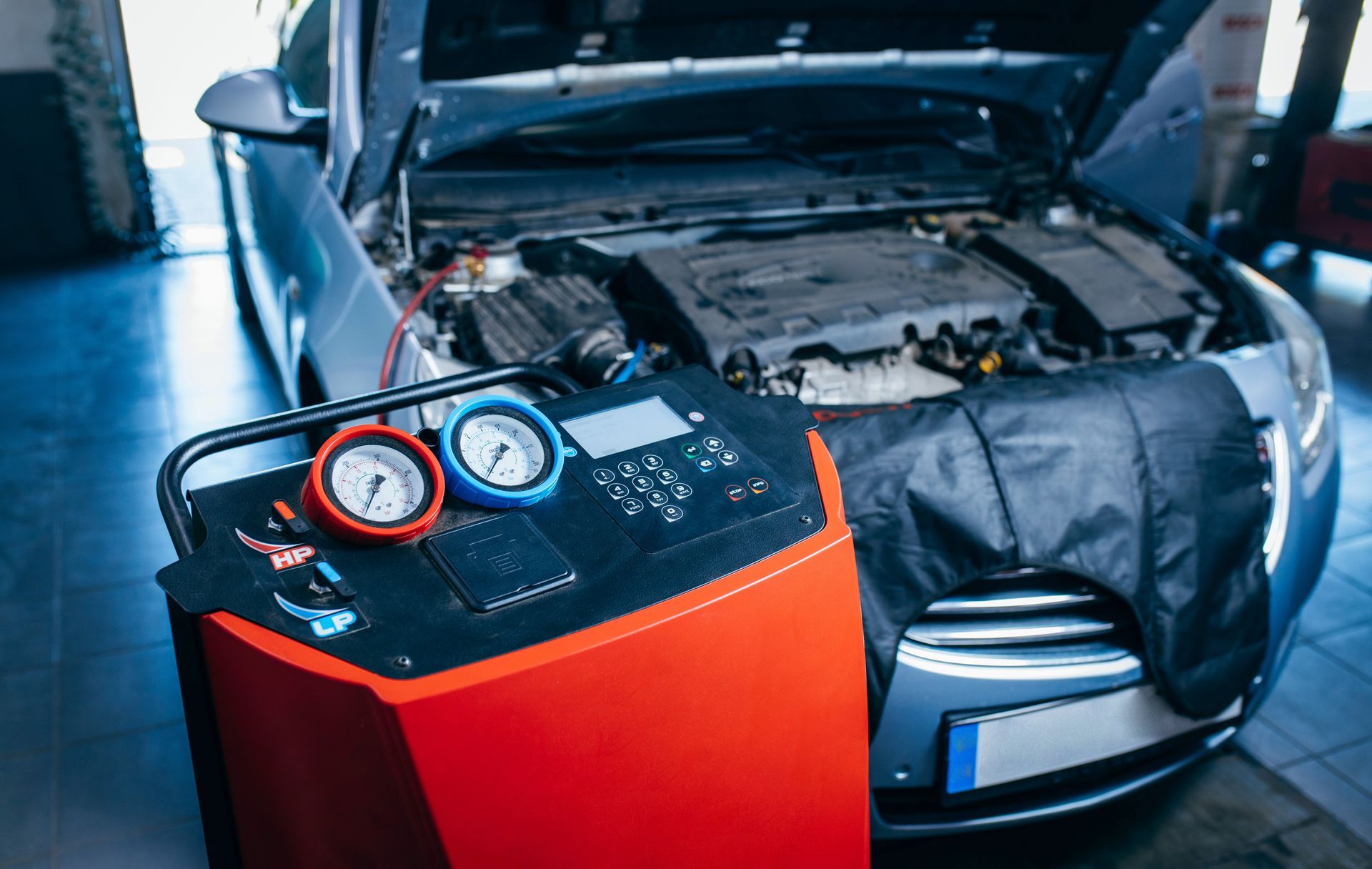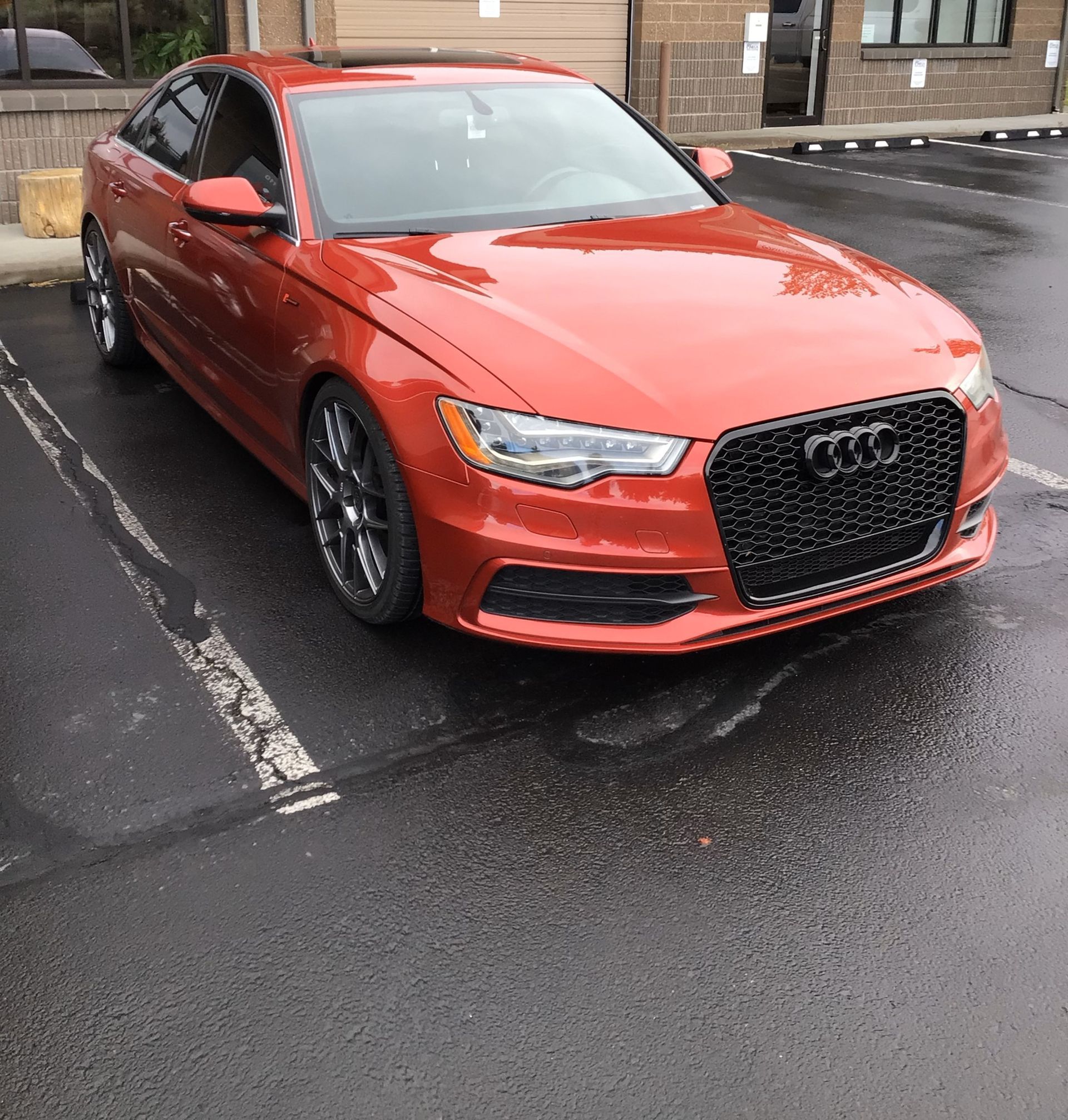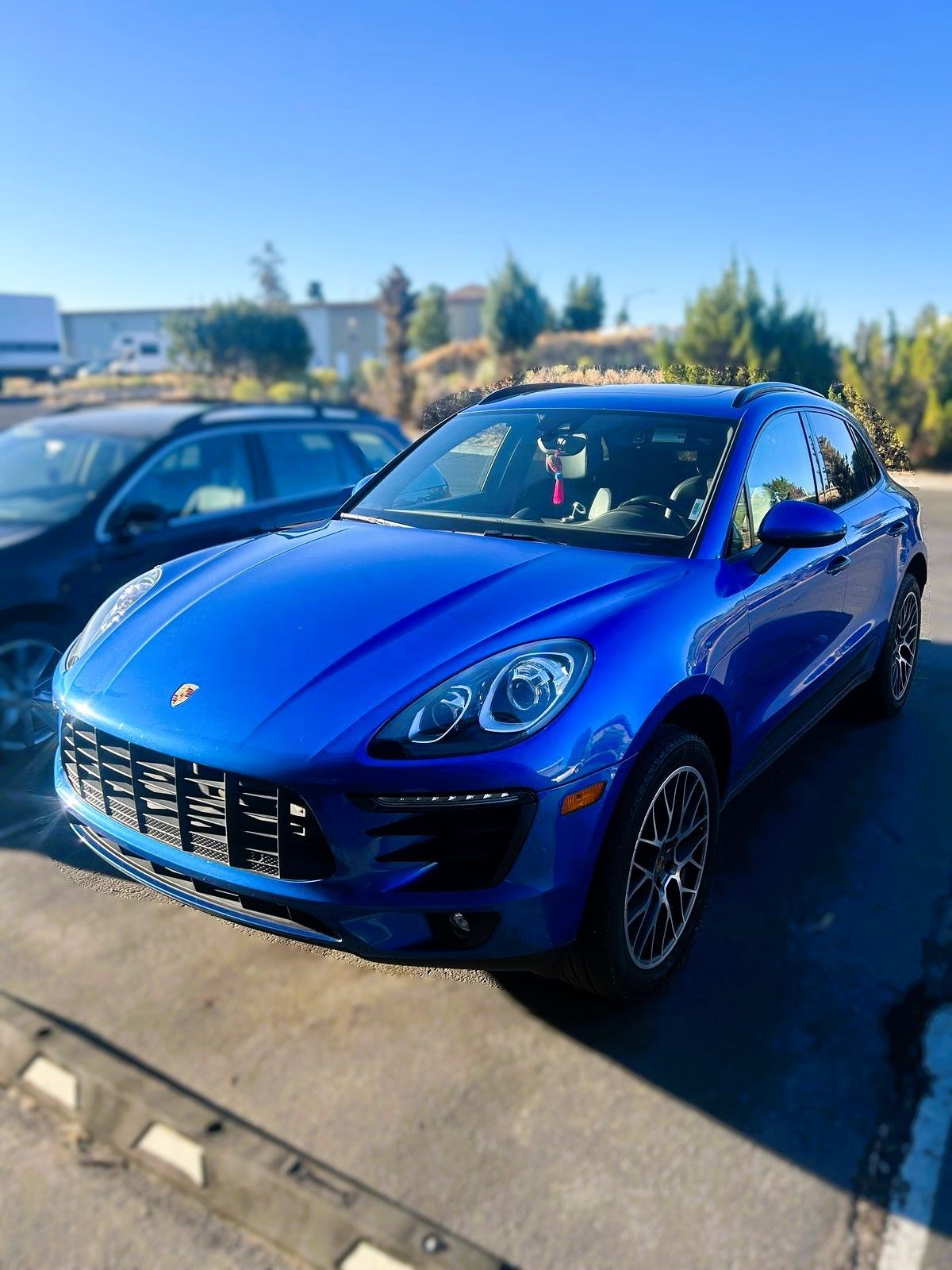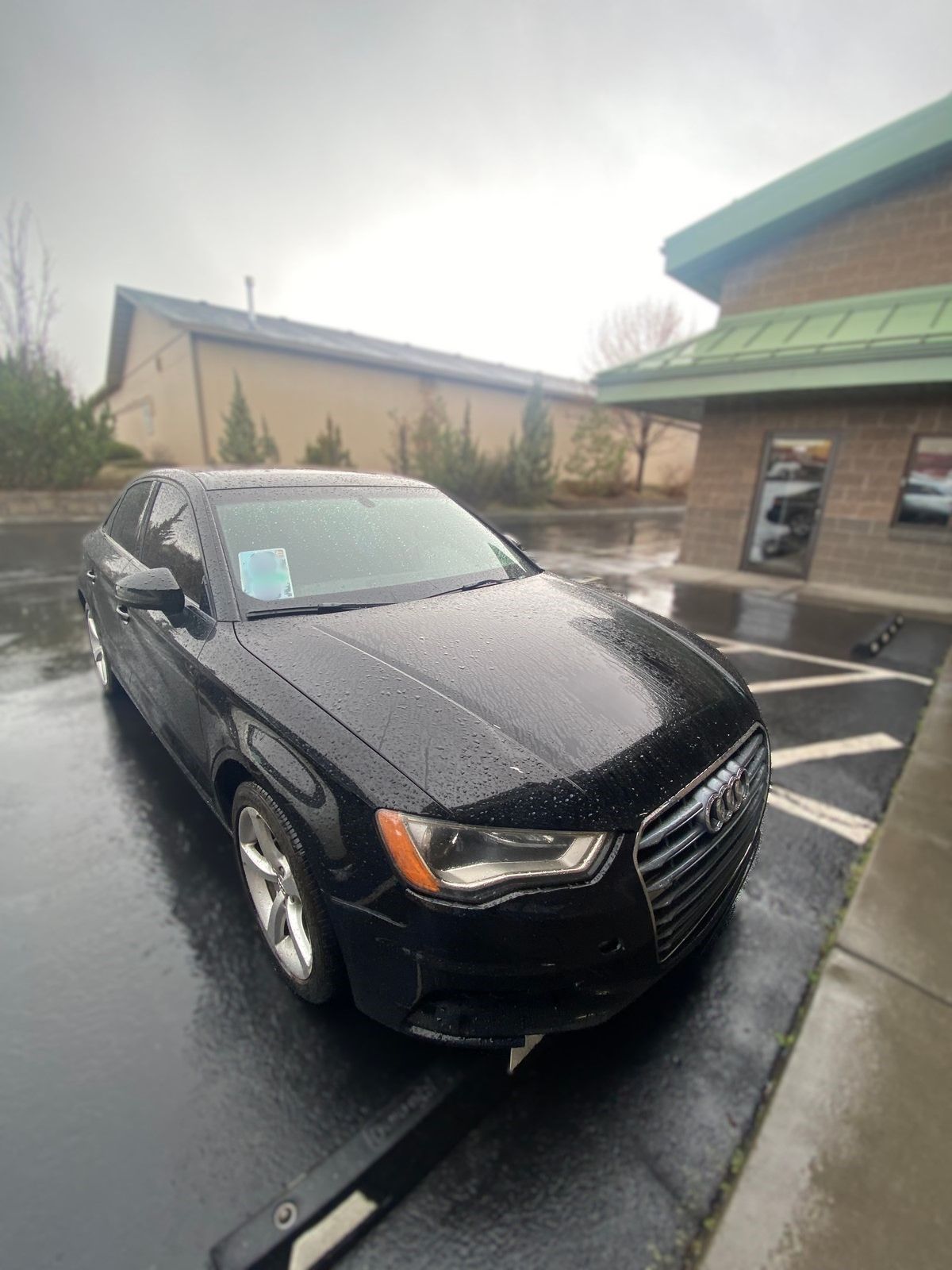At Peak Euro in Bend, Oregon, we see it all from squeaky brakes, worn rotors, mystery vibrations, even the occasional “I just started hearing this noise on my way up Century Drive.” Whether you drive an Audi, BMW, Porsche, Mercedes-Benz, or Volkswagen, your brakes are one of the hardest-working systems in your vehicle; and one of the most important for keeping you safe.
But great brake care doesn’t just happen when you bring your car in for service. The truth is, how you drive every day has a huge impact on brake life and performance. So, if you’re looking to avoid costly repairs and keep your European vehicle running like new, here’s your insider’s guide to mastering brake care; straight from the technicians who spend their days keeping Bend drivers safe.Why Brake Care Matters More in Central Oregon
Driving in Central Oregon gives your vehicle a workout. Between steep inclines, mountain descents, and unpredictable weather, your brakes experience more heat, friction, and wear than most places in the country.
Those scenic drives to Mt. Bachelor or weekend trips over the Cascade Lakes Highway? Beautiful, but brutal on brakes. Long downhill stretches cause brake components to heat up, which can lead to rotor warping, faster pad wear, or even brake fade if they aren’t properly maintained. That’s why our Bend-based technicians put extra focus on brake health for local drivers. We’ve seen firsthand how terrain and temperature affect performance.Everyday Habits That Extend Brake Life
Here’s the good news: with a few small changes in how you drive, you can dramatically extend the life of your brake system.
Ease Into Stops: Try releasing the gas earlier and letting your car slow down naturally before applying the brakes. Hard braking creates more heat and friction, which can wear pads and rotors prematurely.
Avoid Riding the Brakes: It’s tempting to keep light pressure on your pedal during downhill drives, but that constant friction cooks your pads. Instead, apply firm, short braking intervals, and give the brakes time to cool in between.
Watch Your Load: Extra weight from cargo or bike racks increases braking distance and puts more strain on your system. If you’re hauling gear for a weekend adventure, give yourself extra space and time to stop.
Flush Brake Fluid Regularly: Brake fluid absorbs moisture over time, which can lead to corrosion and decreased performance. We recommend having your brake fluid flushed every 2 years, depending on driving conditions.
What Happens During a Brake Inspection at Peak Euro
When you bring your car to Peak Euro, we don’t just “check the brakes.” Our technicians perform a full, detail-oriented inspection designed to give you complete confidence in your car’s condition.
Here’s what that includes:- Measuring pad thickness and rotor wear
- Checking caliper movement and brake fluid levels
- Inspecting brake lines for leaks or corrosion
- Evaluating brake balance and performance during a test drive
- Sharing photos, videos, and detailed notes with you If anything looks concerning, we’ll walk you through it with clear, honest recommendations based on what we find. We will never try to sell you on something that you do not need.
- Squealing or grinding sounds
- A soft or spongy pedal
- Vibration when braking
- Your vehicle pulling to one side
- A warning light on your dashboard
- Transparent estimates before any work begins
- High-quality parts designed for your specific make
- A 3-year/36,000-mile nationwide warranty on most repairs
- Friendly, knowledgeable service from a local team that truly cares
Behind the Scenes: What Makes Peak Euro Different
At Peak Euro, we specialize in European brake systems and they’re not all created equal. A BMW’s electronic parking brake behaves differently than a Porsche’s multi-piston calipers or a Mercedes adaptive braking system.
That’s why our team includes factory-trained and ASE-certified technicians who work exclusively on European makes. We use manufacturer-specific diagnostic tools and torque specs, ensuring every bolt, sensor, and caliper is exactly where it should be. And yes, we’ll even lift the car and show you what we see. Transparency builds trust, and we’re proud of the level of detail that goes into every inspection.Quality Parts, Always
Your brakes are not the place to cut corners. Cheap aftermarket parts can cause noise, vibration, or premature wear and they rarely perform as consistently as OE or high-grade replacements.
At Peak Euro, we only use premium European-grade brake pads and rotors, designed for optimal stopping power and longer lifespan. Whether you drive a sporty Audi or a hard-working Mercedes Sprinter, you’ll feel the difference in every smooth, confident stop.When to Schedule a Brake Inspection
We recommend a professional brake inspection every 6,000 to 10,000 miles, or sooner if you notice:
You don’t have to wait until something feels wrong, preventive maintenance is always more affordable than reactive repairs.
Peak Euro: Your Partner in Brake Safety
We’ve been serving Bend drivers since 2007, and our philosophy has never changed: do it right, do it honestly, and make sure people drive away safer than when they arrived.
Whether you’re stopping by for a quick brake inspection or replacing pads and rotors on your European vehicle, you’ll always get:Your brakes aren’t just about stopping, they’re about peace of mind. From the daily commute to weekend mountain drives, we’re here to make sure your vehicle performs safely and smoothly every time you hit the road. Schedule your complimentary brake inspection at Peak Euro in Bend, OR, today and experience the difference that expertise, transparency, and community-driven service can make.
At Peak Euro, we don’t just fix cars, we take care of people, one stop at a time. Book Your Appointment